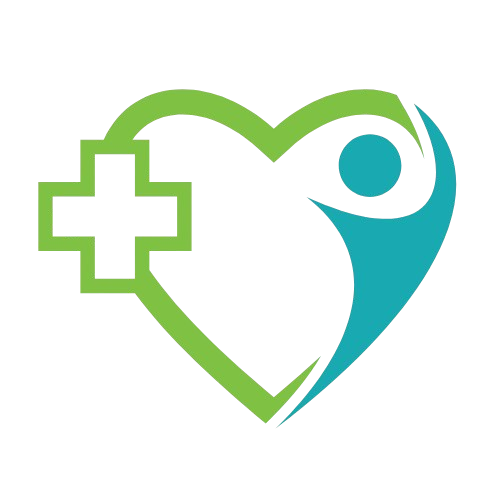Cardiology is a specialized branch of medicine that focuses on the diagnosis, treatment, and prevention of diseases related to the heart and blood vessels. Cardiologists are medical experts who manage conditions such as heart attacks, coronary artery disease, arrhythmias, heart failure, hypertension, and congenital heart problems.
With advancements in technology and medical research, cardiology today offers a wide range of diagnostic tools such as ECG, echocardiography, stress tests, and angiography. Treatment options may include lifestyle changes, medications, interventional procedures like angioplasty and stenting, or surgical options such as bypass surgery.
The primary goal of cardiology is to ensure the healthy functioning of the heart, improve patient quality of life, and prevent life-threatening cardiovascular events. Preventive cardiology also plays a crucial role by promoting heart-healthy diets, exercise, stress management, and routine check-ups to reduce risks.
Key Areas of Cardiology
-
Preventive Cardiology – Focuses on reducing the risk of heart disease through healthy lifestyle practices, early screenings, and management of risk factors such as diabetes, cholesterol, smoking, obesity, and high blood pressure.
-
Interventional Cardiology – Deals with minimally invasive, catheter-based procedures such as angioplasty, stent placement, and closure of heart defects without the need for open-heart surgery.
-
Non-Invasive Cardiology – Uses diagnostic tools like ECG, echocardiography, Holter monitoring, stress testing, and cardiac imaging to detect and evaluate heart problems.
-
Electrophysiology – Specializes in diagnosing and treating abnormal heart rhythms (arrhythmias) using procedures like ablation or pacemaker/ICD implantation.
-
Heart Failure & Transplant Cardiology – Focuses on advanced treatments for severe heart disease, including medication management, device therapy, and heart transplantation.
-
Pediatric Cardiology – Specializes in congenital and developmental heart conditions in children.
Common Conditions Treated in Cardiology
-
Coronary Artery Disease (blocked arteries)
-
Heart Attack (Myocardial Infarction)
-
High Blood Pressure (Hypertension)
-
Heart Rhythm Disorders (Arrhythmias, Atrial Fibrillation)
-
Heart Valve Diseases
-
Congenital Heart Defects
-
Heart Failure
Why Cardiology is Important
Heart disease remains the leading cause of death worldwide. Early detection, advanced treatment, and preventive care provided by cardiology can significantly reduce risks and improve survival rates. Regular heart check-ups, especially for those with risk factors, play a crucial role in long-term health.


